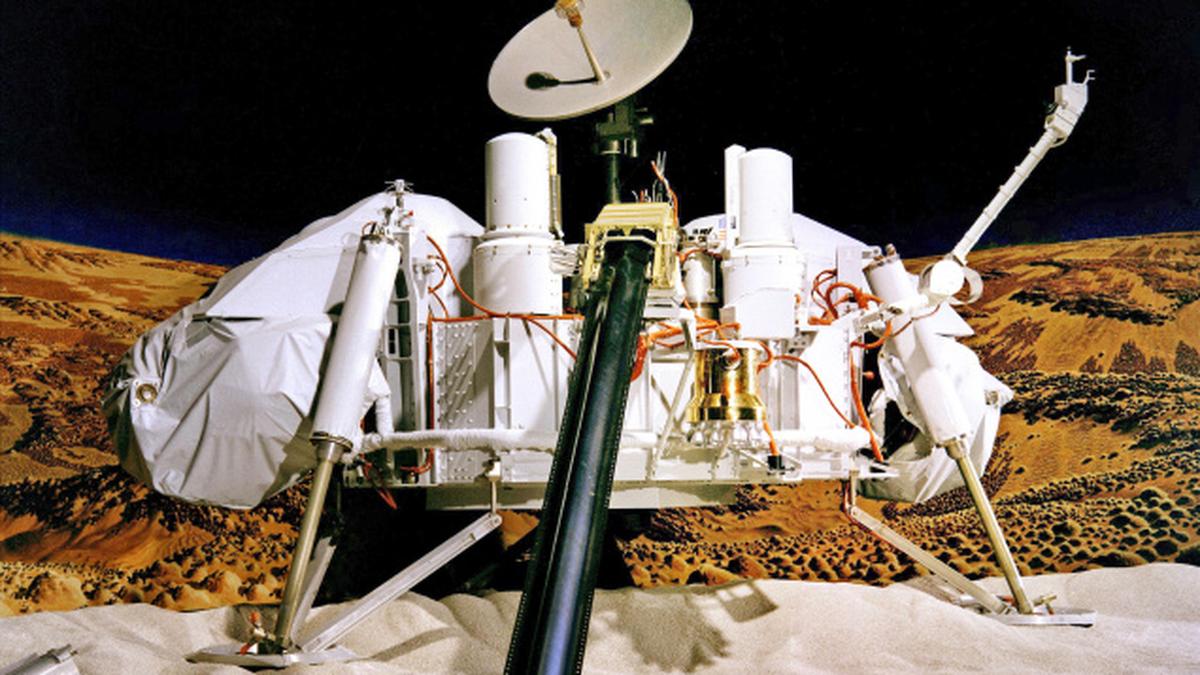
In space missions from the earth to another planetary body, planetary protection is the idea that it’s important to preserve the biospheres of the earth and the body against contamination by ‘alien’ microbial life. It’s an important principle of interplanetary missions, such as from the earth to the moon or Mars. It stems from the idea that we ought to keep the planetary biosphere ‘pristine’ and from being ‘corrupted’ by influences that may not exist had the space mission not been undertaken.
On September 5, China announced it would be pulling up the date for Tianwen-3, its ambitious Mars sample-return mission, to 2028, potentially ahead of the U.S. During the announcement, the mission’s designer said it would abide by the planetary protection principle.

The principle has a legal basis in Article IX of the Outer Space Treaty (1967). It states that parties to the treaty explore outer space while avoiding “harmful contamination and ..
. adverse changes” in the earth’s and the body’s environments due to “the introduction of extraterrestrial matter”. An important way to ‘clean’ spacecraft ahead of interplanetary missions to conform to the planetary protection principle is to fully assemble the vehicle and bake it in a dry room for three days at 120 degrees C.
This increases the costs and the technical strength of the spacecraft, but such are the demands of keeping biospheres ‘clean’. Published - September 08, 2024 03:50 pm IST Copy link Email Facebook Twitter Telegram LinkedIn WhatsApp Reddit space programme.













